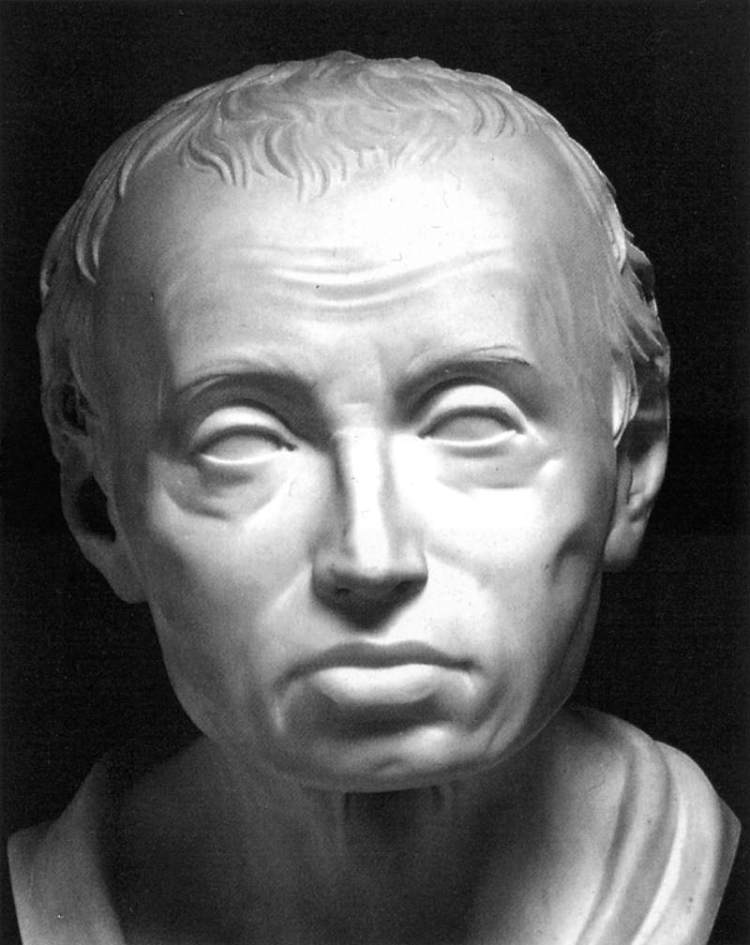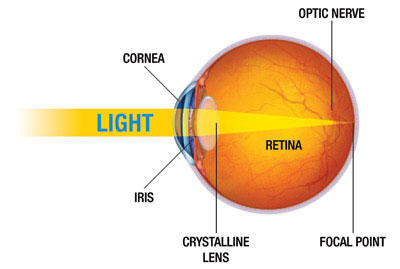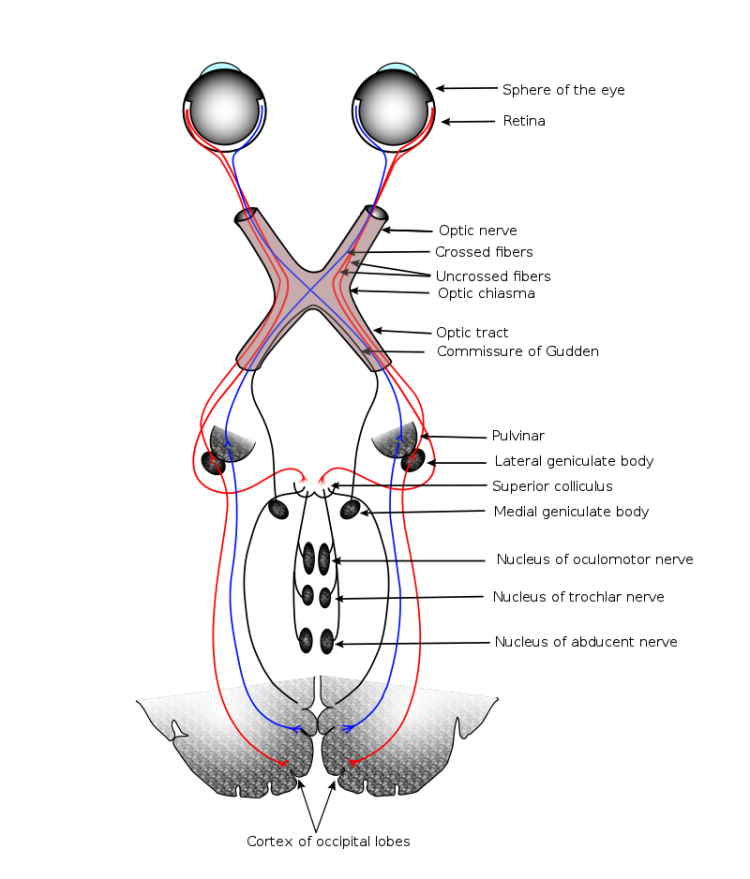Bogdanov declares: “As I understand it, Marxism contains a denial of the unconditional objectivity of any truth whatsoever, the denial of all eternal truths” (Empirio-Monism, Bk. III, pp. iv-v). What is meant by “unconditional objectivity”? “Truth for all eternity” is “objective truth in the absolute meaning of the word,” says Bogdanov in the same passage, and agrees to recognise “objective truth only within the limits of a given epoch”.
Two questions are obviously confused here: 1) Is there such a thing as objective truth, that is, can human ideas have a content that does not depend on a subject, that does not depend either on a human being, or on humanity? 2) If so, can human ideas, which give expression to objective truth, express it all at one time, as a whole, unconditionally, absolutely, or only approximately, relatively? This second question is a question of the relation of absolute truth to relative truth.
Bogdanov replies to the second question clearly, explicitly and definitely by rejecting even the slightest admission of absolute truth and by accusing Engels of eclecticism for making such an admission. Of this discovery of eclecticism in Engels by A. Bogdanov we shall speak separately later on. For the present we shall confine ourselves to the first question, which Bogdanov, without saying so explicitly, likewise answers in the negative – for although it is possible to deny the element of relativity (Editor’s note: this should read ‘the element of the absolute’) in one or another human idea without denying the existence of objective truth, it is impossible to deny absolute truth without denying the existence of objective truth.
“…The criterion of objective truth,” writes Bogdanov a little further on (p. ix), “in Beltov’s sense, does not exist; truth is an ideological form, an organising form of human experience.”
Neither “Beltov’s sense” – for it is a question of one of the fundamental philosophical problems and not of Beltov – nor the criterion of truth – which must be treated separately, without confounding it with the question of whether objective truth exists – has anything to do with the case here. Bogdanov’s negative answer to the latter question is clear: if truth is only an ideological form, then there can be no truth independent of the subject, of humanity, for neither Bogdanov nor we know any other ideology but human ideology. And Bogdanov’s negative answer emerges still more clearly from the second half of his statement: if truth is a form of human experience, then there can be no truth independent of humanity; there can be no objective truth.
Bogdanov’s denial of objective truth is agnosticism and subjectivism. The absurdity of this denial is evident even from the single example of a scientific truth quoted above. Natural science leaves no room for doubt that its assertion that the earth existed prior to man is a truth. This is entirely compatible with the materialist theory of knowledge: the existence of the thing reflected independent of the reflector (the independence of the external world from the mind) is the fundamental tenet of materialism. The assertion made by science that the earth existed prior to man is an objective truth. This proposition of natural science is incompatible with the philosophy of the Machists and with their doctrine of truth: if truth is an organising form of human experience, then the assertion that the earth exists outside any human experience cannot be true.
But that is not all. If truth is only an organising form of human experience, then the teachings, say, of Catholicism are also true. For there is not the slightest doubt that Catholicism is an “organising form of human experience.” Bogdanov himself senses the crying falsity of his theory and it is extremely interesting to watch how he attempts to extricate himself from the swamp into which he has fallen.
“The basis of objectivity,” we read in Book I of Empirio-Monism, “must lie in the sphere of collective experience. We term those data of experience objective which have the same vital meaning for us and for other people, those data upon which not only we construct our activities without contradiction, but upon which, we are convinced, other people must also base themselves in order to avoid contradiction. The objective character of the physical world consists in the fact that it exists not for me personally, but for everybody (that is not true! It exists independently of “everybody”!), and has a definite meaning for everybody, the same, I am convinced, as for me. The objectivity of the physical series is its universal significance” (p. 25, Bogdanov’s italics). “The objectivity of the physical bodies we encounter in our experience is in the last analysis established by the mutual verification and co-ordination of the utterances of various people. In general, the physical world is socially-co-ordinated, socially-harmonised, in a word, socially-organised experience” (p. 36, Bogdanov’s italics).
We shall not repeat that this is a fundamentally untrue, idealist definition, that the physical world exists independently of humanity and of human experience, that the physical world existed at a time when no “sociality” and no “organisation” of human experience was possible, and so forth. We shall dwell now on an exposure of the Machist philosophy from another aspect, namely, that objectivity is so defined that religious doctrines, which undoubtedly possess a “universal significance”, and so forth, come under the definition. But listen to Bogdanov again: “We remind the reader once more that ‘objective’ experience is by no means the same as ‘social’ experience…. Social experience is far from being altogether socially organised and always contains various contradictions, so that certain of its parts do not agree with others. Sprites and hobgoblins may exist in the sphere of social experience of a given people or of a given group of people – for example, the peasantry; but they need not therefore be included under socially-organised or objective experience, for they do not harmonise with the rest of collective experience and do not fit in with its organising forms, for example, with the chain of causality”.
Of course it is very gratifying that Bogdanov himself “does not include” social experience in regard to sprites and hobgoblins under objective experience. But this well-meant amendment in the spirit of anti-fideism by no means corrects the fundamental error of Bogdanov’s whole position. Bogdanov’s definition of objectivity and of the physical world completely falls to the ground, since the religious doctrine has “universal significance” to a greater degree than the scientific doctrine; the greater part of mankind cling to the former doctrine to this day. Catholicism has been “socially organised, harmonised and co-ordinated” by centuries of development; it “fits in” with the “chain of causality” in the most indisputable manner; for religions did not originate without cause, it is not by accident that they retain their hold over the masses under modern conditions, and it is quite “in the order of things” that professors of philosophy should adapt themselves to them. If this undoubtedly universally significant and undoubtedly highly-organised religious social experience does “not harmonise” with the “experience” of science, it is because there is a radical and fundamental difference between the two, which Bogdanov obliterated when he rejected objective truth. And however much Bogdanov tries to “correct” himself by saying that fideism, or clericalism, does not harmonise with science, the undeniable fact remains that Bogdanov’s denial of objective truth completely “harmonises” with fideism. Contemporary fideism does not at all reject science; all it rejects is the “exaggerated claims” of science, to wit, its claim to objective truth. If objective truth exists (as the materialists think), if natural science, reflecting the outer world in human “experience”, is alone capable of giving us objective truth, then all fideism is absolutely refuted. But if there is no objective truth, if truth (including scientific truth) is only an organising form of human experience, then this in itself is an admission of the fundamental premise of clericalism, the door is thrown open for it, and a place is cleared for the “organising forms” of religious experience.
V.I.Lenin, Materialism and Empirio-Criticism: Critical Comments on a Reactionary Philosophy, 1908, Progress Publishers, Moscow, 1975, pp. 107-115

Part one/to be continued…








